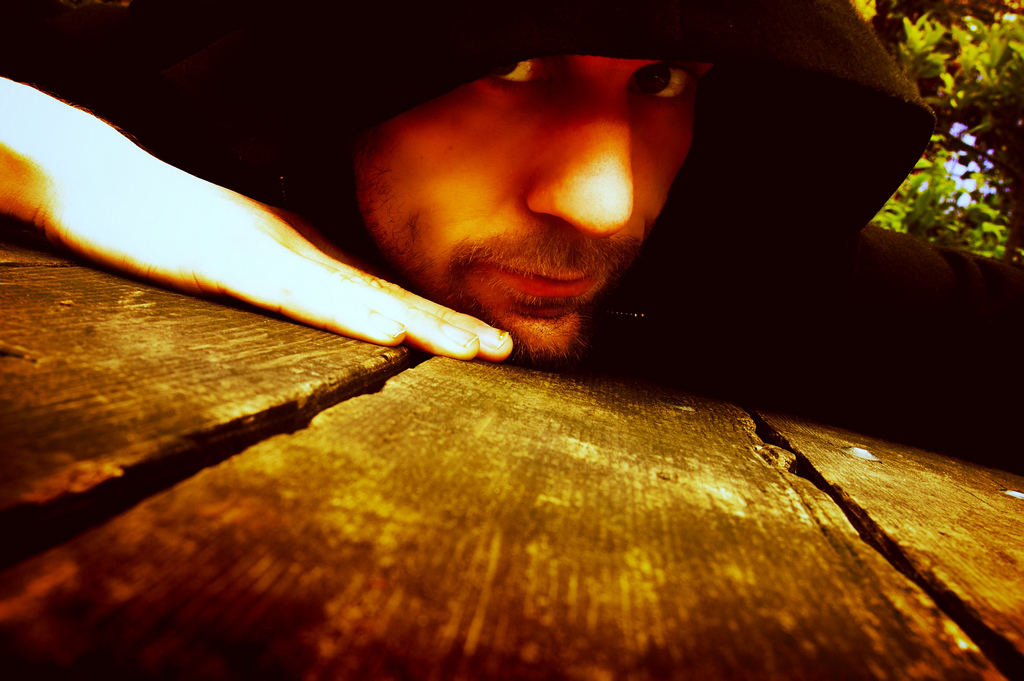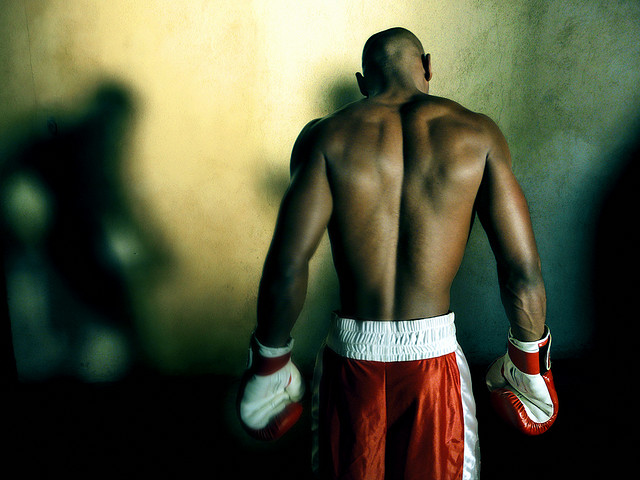
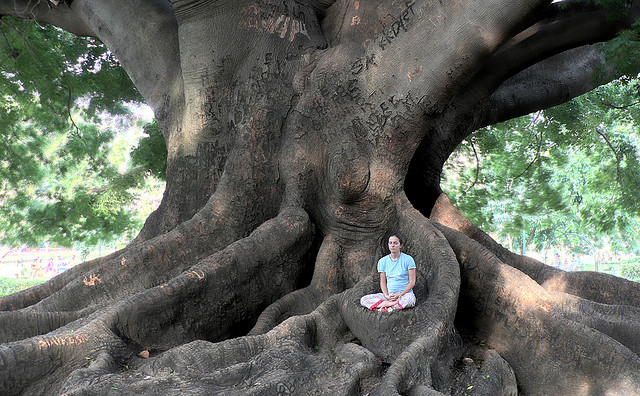
I don’t meditate very often – maybe about once a week. But when I do, it’s on a koan.
If you don’t know what a koan is, it’s a statement, parable or question that you concentrate on while you’re meditating. They’re meant to be logical absurdities that don’t make much sense on their own.
Even if you’re not familiar with the term, you’re probably familiar with the concept. You might have heard the phrase, “what’s the sound of one hand clapping?”. Well, that’s a koan.
The way most people meditate is to clear the mind of all thinking. It’s about quieting your mind and bringing yourself to a state of inner peace. I do that too, but only so I can focus more clearly on the koan.
What’s So Great About Them?
When you meditate on a koan, you’re not only getting the benefits of meditation, but also giving your mind a big mental workout.
Meditating on koans is like thinking on a riddle without an answer. You can think about it all day long and try to unravel the meaning, but never quite figure it out.
But they’re more than that. When you meditate on a koan, you’re looking into yourself and the world around you in a different way.
From The Book of Mu: Essential Writings on Zen’s Most Important Koan:
“Contrary to what some might say on the subject, koans are not meaningless phrases…Rather koans are a direct pointing to reality, an invitation for us to taste water and to know for ourselves whether it is cool or warm.”
We get this “direct pointing to reality” by using a part of our minds that doesn’t often get much attention: intuition.
According to Psychology Today, intuition is defined as “a process that gives us the ability to know something directly without analytic reasoning, bridging the gap between the conscious and non-conscious parts of our mind between instinct and reason.”
Later in the article, it says, “we need both instinct and reason to make the best possible decisions for ourselves, our businesses, and our families.”
Intuition is connected with our ability to make good decisions. A good intuition also helps your creativity and problem-solving skills.
If you remember from my previous post about Einstein, you’ll remember just how important intuition was to him. Einstein used his intuitive side to build a much more creative mind.
He once said, “All great achievements in science must start from intuitive knowledge. I believe in intuition and inspiration…at times I feel certain I am right while not knowing the reason.”
Koans are a great way to tap into your intuitive side. If you meditate on koans enough, you’ll build it up just like a muscle.
Not only that, but you’ll learn more about the world around you.
For instance, here’s what happened when I meditated on the “one hand clapping” koan.
My first instinct was to look at it logically. But I immediately ran into a brick wall – one hand cannot clap.
It forced me to look at it from an illogical, absurd angle. I was forced to examine the underlying reality of the koan and examine it that way.
When I mediated further on the koan, I started thinking about relationships. I thought about how many things exist solely in relation to something else. For example, taking one hand away changes the clapping sound (or in this case, non-sound).
I thought about how important relationships are to the world. What we see in life is often just the result of the changing relationships around us.
It’s like people who come into our lives. Their very presence can change our lives for better or worse simply by being there – it’s their relationship to us that changes things.
After I finish meditating on the koan, I feel like I know a little more about what life is all about. I feel like I tapped into my intuitive side to know something about the world that I never realized before.
Once I’m finished, I move on to another one; Here’s a great list of them.
It’s important to understand that what you learn from koans is not knowledge. It’s a way to examine and reflect the world around us that we normally don’t think about.
The point is not to “figure them out” – that’s tackling it from a logical perspective. The point is to exhaust all logical and emotional thought so you arrive at an intuitive insight.
Most importantly, it’s about reaching potential thoughts that can improve understanding.
photo credit: premasagar


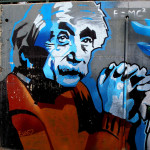
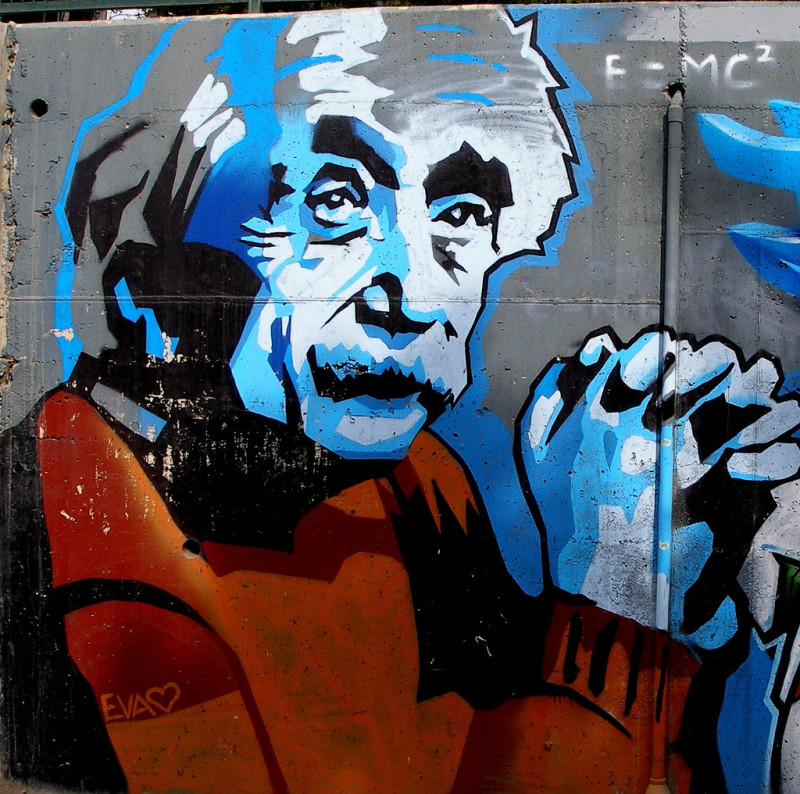 In 1905, Einstein introduced the world to his groundbreaking theory of special relativity. It’s a very complex theory that I couldn’t possibly begin to explain here. But it spawned one of the world’s most well-known equations: E=MC2.
In 1905, Einstein introduced the world to his groundbreaking theory of special relativity. It’s a very complex theory that I couldn’t possibly begin to explain here. But it spawned one of the world’s most well-known equations: E=MC2.
